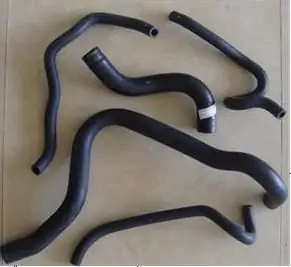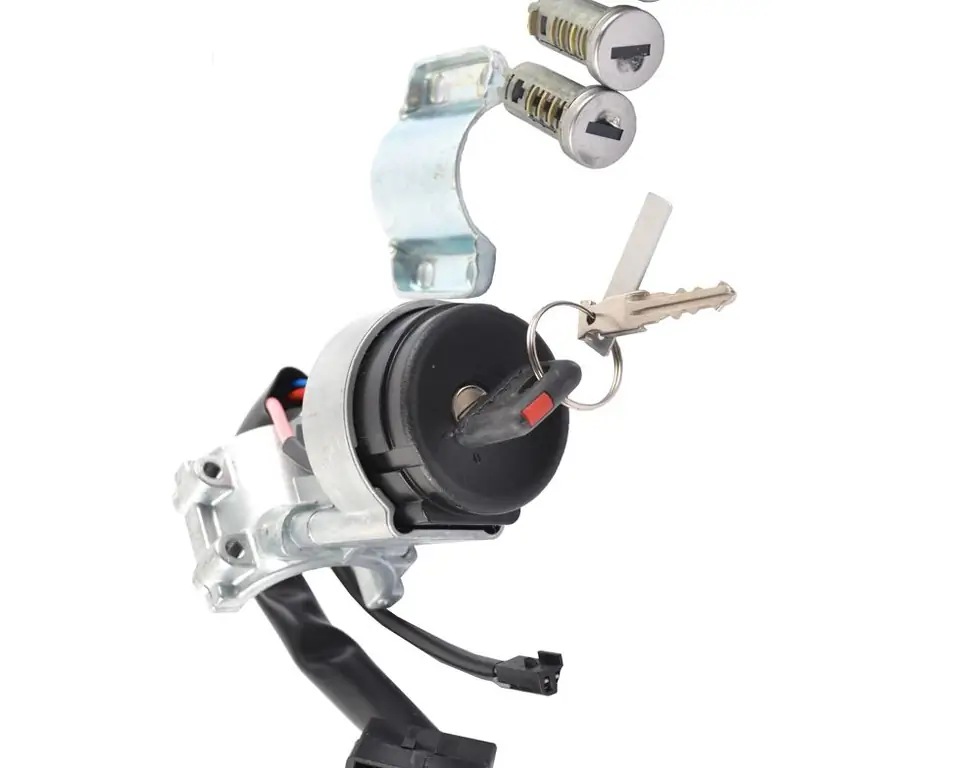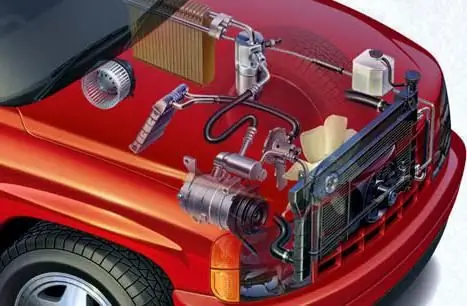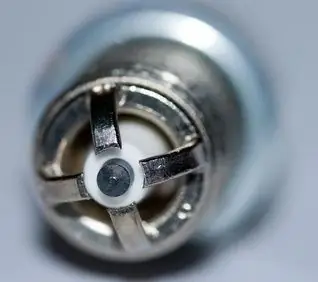2026 Author: Erin Ralphs | ralphs@carsalmanac.com. Last modified: 2025-01-22 21:14:12
The ignition system is used to carry out the process of ignition of the fuel-air mixture. Its main purpose is to convert low-voltage current into high-voltage current. This is necessary to create a powerful spark at the ends of the spark plug electrodes. The current voltage on the electrode must be at least 20 thousand volts. Ignition systems are divided into three types:
1) contact - the occurrence of impulses to the supply of high-voltage current is carried out by opening the contacts of the ignition distributor. At this point, the coil generates a high voltage current and transmits it to the distributor.
2) non-contact - differs from the contact replacement of the breaker with a similar one, only with the absence of a contact group. The pulses are generated by the commutator. BSZ contributes to a more complete combustion of the mixture, fuel economy and an increase in torque. This is due to the increase in voltage to 30 thousand volts.
3) microprocessor system - the distributor in it is replaced by an ignition module that controls the moment of the impulse and the creation of high-voltage current.

Any sparking system consists of the following elements:
1) Power source - car battery or alternator. It all depends on what stage of operation the engine is at. If the engine is at the starting stage, then the source is the battery. If the engine is already running and turning the generator, then the energy is generated last.
2) A power switch is an ignition switch or a special button that turns on the power supply and directs it to the elements of the system, or turns it off.
3) Energy storage - is an element that, after the accumulation of energy, gives it away for sparking, or an element that is capable of converting current.
4) Ignition distributor - used to direct high voltage current to the correct spark plug depending on the position of the engine crankshaft.

Distributor - a device for distributing current between high-voltage wires and containing a current breaker.
Ignition module. Quite often, it is used in injection cars and is not directly connected to the engine camshaft. This solution is quite common. Systems that use an ignition module are called static, that is, stationary. Structurally, this device replaces several elements of the KSZ at once. The ignition module consists of two coils with a certain capacity and switches.
5) Ignition wires are solid conductors that are used to transport high voltage current from the distributor to the spark plugs.

6)Candles - are a combination of two electrodes isolated from each other. The positive electrode, which is also called the core, is located in the center of the spark plug, and the negative one is isolated by a non-conductive element and is located at a distance of 0.5 to 2 mm from the positive (it depends on the type of car and ignition system).
The principle of operation of any of the above systems is to transmit high voltage current, which is generated by a coil or ignition module, through a distributor to a specific candle. A spark on the electrodes of the plugs should appear at the moment of the compression phase in the engine cylinder.
Recommended:
Cooling system device. Branch pipes of the cooling system. Replacing the pipes of the cooling system

The internal combustion engine works stably only under a certain thermal regime. Too low a temperature leads to rapid wear, and an excessively high temperature can cause irreversible consequences, up to jamming of the pistons in the cylinders. Excess heat from the power unit is removed by the cooling system, which can be liquid or air
How to check the Niva-Chevrolet ignition module

The ignition module (MZ) of a Niva-Chevrolet car is highly reliable and, most often, provides sparking over many tens of thousands of kilometers. However, if it fails, it is difficult to diagnose due to the lack of obvious signs. The decent cost of the module does not always allow it to be replaced with a new one, which is called "blindly". First you need to reliably verify the malfunction of the old one. How to check the Niva-Chevrolet ignition module, read the article
"Lada-Kalina": ignition switch. Device, principle of operation, installation rules, ignition system, advantages, disadvantages and features of operation

Detailed story about the ignition switch Lada Kalina. General information and some technical characteristics are given. The device of the lock and the most frequent malfunctions are considered. The procedure for replacing with your own hands is described
Muffler resonator - an important element of the exhaust system

A muffler is an integral part of any car. The main purpose of this element is to neutralize harmful gases and reduce noise
Car air conditioning system: diagnostics, repair, flushing, cleaning, system pressure. How to flush a car's air conditioning system?

The warm season is accompanied by frequent requests from car owners to service shops for such a service as diagnostics of the car's air conditioning system, as well as troubleshooting. We will understand the reasons for this phenomenon

